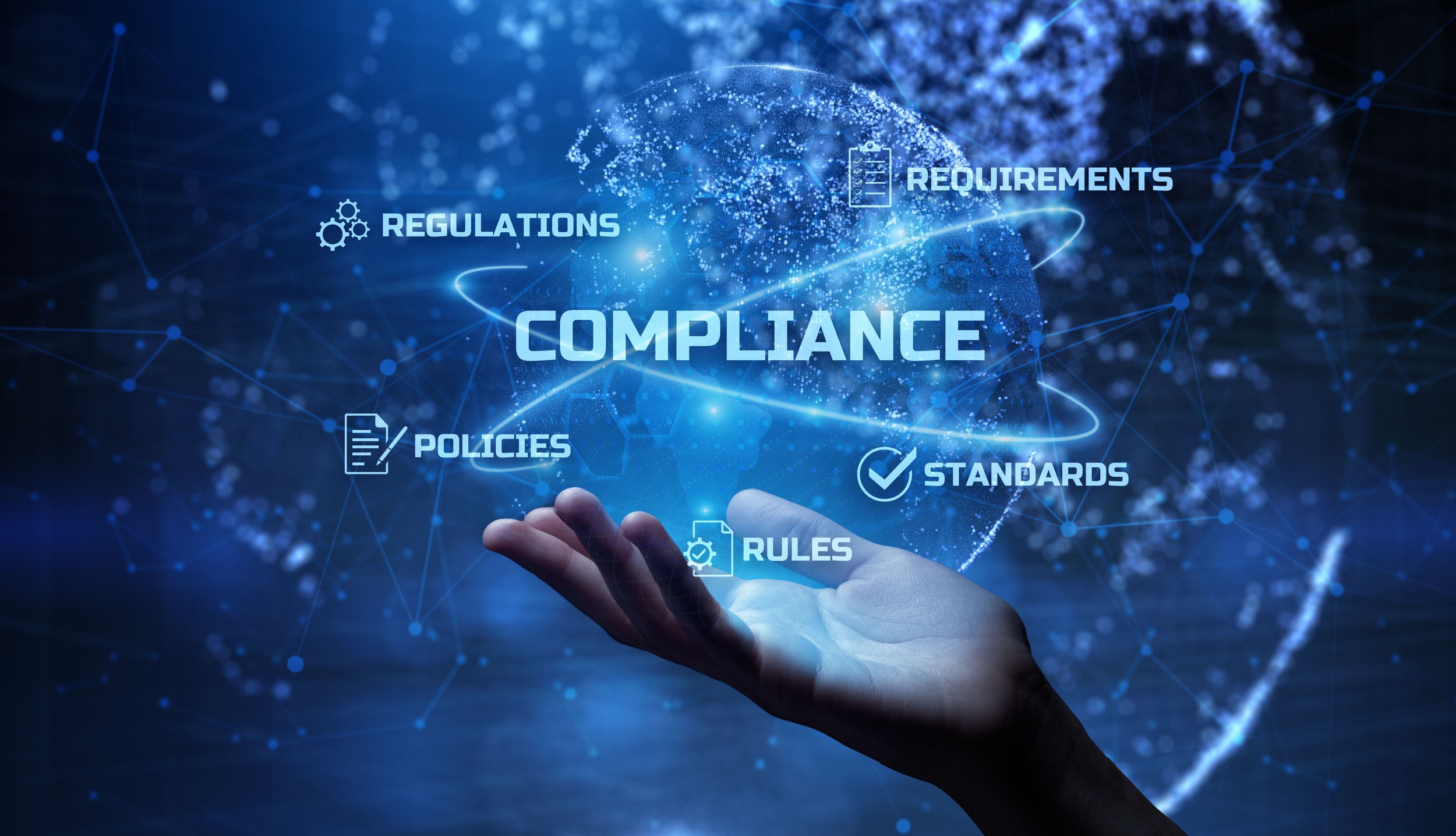My Two Cents: Lawyers! Watch Out For Scammers On Amazon/Online When Buying Electronics, As You May Get Something Else!!!
/be careful - DIGITAL SCAMMERS WILL TRY TO RUIN YOUR HOLIDAY SHOPPING!
During the Holiday Season in today's digital age, online shopping for lawyers has become a convenient and popular way to purchase various products, including electronics. However, with the rise in popularity of online marketplaces like Amazon, scammers have also found new avenues to exploit unsuspecting buyers. As a result, it is crucial for lawyers to stay vigilant and protect themselves from falling victim to these fraudulent schemes: it is essential to exercise caution and adopt certain preventive measures.
Scammers often employ deceptive tactics such as selling counterfeit or misrepresented electronic devices. They may advertise high-end gadgets at unbelievably low prices or use persuasive techniques to mislead customers into making hasty purchases. Once the purchase is made, customers receive a completely different or counterfeit product instead.
ALWAYS USE SECURE PAYMENT METHODS WHEN PURCHASING PRODUCTS ONLINE!
Another common scam involves sellers who disappear after receiving payment. These fraudsters often create fake profiles and offer attractive deals on high-demand electronics. Once payment is made, they vanish without delivering the purchased item or providing any means of contact.
Some scammers exploit unsuspecting buyers by selling stolen or refurbished goods as brand-new products. These items may come with hidden defects or missing accessories, which significantly diminish their value. Worse yet, you may hear from the authorities about stolen goods you unwittingly purchased.
Always use secure payment methods like credit cards or PayPal.
😀 ☃️ 🚨
Always use secure payment methods like credit cards or PayPal. 😀 ☃️ 🚨
Always utilize secure payment methods such as credit cards or trusted third-party services like PayPal.
MAKE SURE YOU ARE DEALING WITH A REPUTABLE SELLER BEFORE MAKING ANY ONLINE PURCHASE!
It is always best to buy from reputable sellers or authorized dealers. Do your due diligence and check the seller's reputation. If there are discrepancies between what is advertised and what is described in reviews or customer feedback, exercise caution before making a purchase. If any information appears vague or inconsistent, consider reaching out to the seller for clarification before making a purchase. Trust your instincts. If something feels off about a seller or listing, it's better to err on the side of caution and choose another reputable source for your electronic needs, even if you are paying more than the questionable “deal.”

























